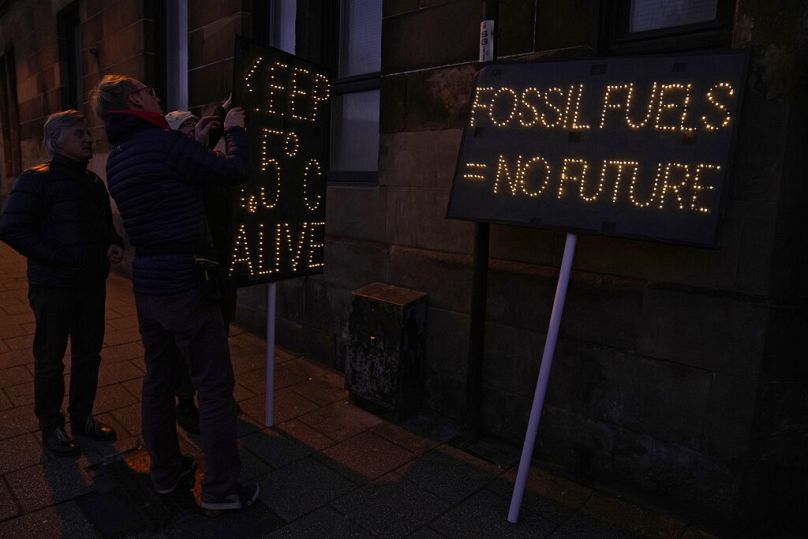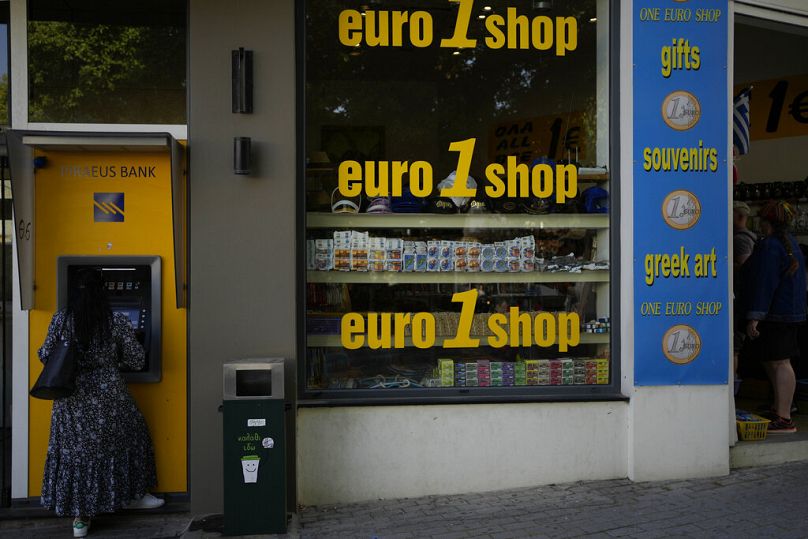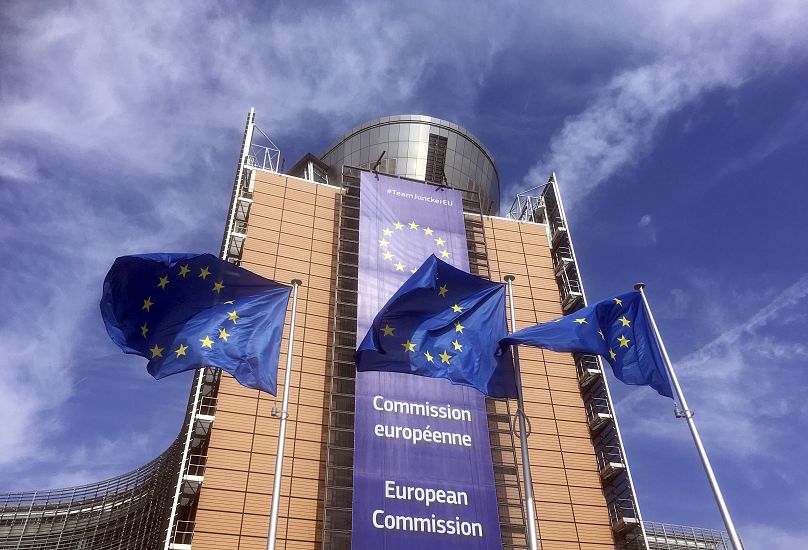The recent provisionally agreed compromise resulting from the trilogues will hopefully lead to some steps being taken towards improving proportionality for small and non-complex banks, Daniel Sorrosal writes.
To reach its climate goals and deliver the European Social Pillar by 2030, the European Union needs to increase investments by an additional €520 billion each year.
The current EU banking regulatory framework, however, is disproportionately costly for the banks that are best poised to deliver — notably the smaller, non-complex, ESG-focused financial institutions.
ESG impact institutions operate with values such as transparency, community participation, efficiency, and sobriety. They have clear exclusion criteria for environmental and social harm in their lending and investment policies.
They do not finance fossil fuels or industries with a high negative environmental impact in accordance with their statutes.
They are transparent about their lending activities and publicly disclose the organisations that they finance. Furthermore, ESG impact financial institutions have rigorous internal control systems that go beyond the mandatory supervisory requirements.
Yet, as pointed out by Finance Watch, the existing EU banking system is extremely polarised.
Are large traditional banks subsidising the fossil fuel industry?
The current prudential regulation favours larger institutions, undermining the competitiveness of smaller and non-complex players, such as ethical and sustainable banks.
“The complexity of the EU and national regulatory frameworks is limiting the ability of ethical and sustainable banks to grow, yet these banks would greatly contribute to funding the EU’s transition to a clean energy economy,” Ivan Chaleil from French bank La Nef explained.
The specificities of ethical and sustainable banks don't have to be an obstacle. They can be taken into account in the regulatory and supervisory framework by applying real proportionality concepts like these.
First, climate risks should be considered in the supervisory process and in banks' capital requirements.
As Finance Watch has extensively demonstrated, the climate-related risks associated with fossil fuel assets are not reflected in bank capital rules, which constitutes a form of “subsidy from banks to the fossil fuel industry”.
At present, banks are not required to treat fossil fuel exposures as riskier assets, and this is reflected in the underpricing of their lending to the fossil fuel sector.
This underpricing, therefore, constitutes a subsidy to fossil fuel borrowers.
Finance Watch estimates that this implicit subsidy from the global banking sector to the fossil fuel industry amounts to $18 billion (€16bn) per year.
Sustainable banks have proved to be stable
Second, the prudential framework should recognise the societal role of small and non-complex sustainable banks in combating climate change by directing resources only to non-fossil industries and supporting both the real economy and the local economy.
In that sense, it would be beneficial to introduce an ESG supporting factor for certain assets that meet specific ethical and sustainability-related criteria.
This ESG supporting factor would support those banks engaged in financing environmentally and socially friendly activities and would lower the risk weights applied to ESG loans and investments. It would reduce capital requirements for these assets and make these loans less costly for the ESG impact banks.
To be sure, reducing any bank’s capital requirements may appear risky, especially in light of the recent bank failures in Europe.
However, a close look at those failures indicates that since their inception, EU sustainable banks have neither contributed to the financial crisis nor been rescued by any national government.
On the contrary, sustainable banks have proved to be stable, resilient and profitable during and after economic shocks such as the COVID-19 pandemic.
The reduction of capital requirement would only support their lending to green and social initiatives that can contribute to the EU’s objectives.
Favouring the largest players vs creating a level playing field
Finally, the agreement reached by the European Parliament's Committee on Economic and Monetary Affairs, ECON, on the Banking Package adopted last January seems to favour the largest players rather than creating a level playing field.
The adjustments to the measurement methods for credit — the so-called standardised approach versus internal rating-based approach — have little impact on small and non-complex ESG banks.
The recent provisionally agreed compromise resulting from the trilogues, of which the text is yet to be published, will hopefully lead to some steps being taken towards improving proportionality for small and non-complex banks.
In any case, specific measures, such as increasing capital requirements for large banks, should be taken to level the playing field and protect against future banking crises.
Ethical and sustainable banks do not need less prudent rules. They simply need a calibration of the EU regulatory framework to ensure a level playing field.
This way, the support for small and medium-sized climate solutions companies and climate-friendly loans can scale in ways that are also socially inclusive.
Daniel Sorrosal is Secretary General of the European Federation of Ethical and Alternative Banks and Financiers (FEBEA).
At Euronews, we believe all views matter. Contact us at view@euronews.com to send pitches or submissions and be part of the conversation.


















